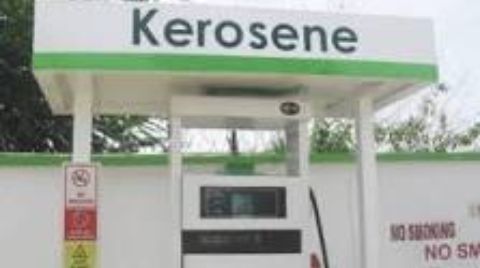Embarking on a kerosene business venture presents an enticing opportunity to generate substantial profits while establishing a sustainable customer base. However, the path to success in this industry demands more than mere ambition, Entrepreneurng.com
Prior to diving into this endeavor, it is crucial to cultivate a comprehensive understanding of the market landscape and undertake the necessary steps with careful precision. This detailed, step-by-step guide aims to provide you with a comprehensive framework for initiating your kerosene business and navigating the complexities of the market.
1. Conduct Thorough Market Research:
The initial and fundamental step in establishing a kerosene business is conducting extensive market research. This involves delving into the specific demand for kerosene in your target location. Gain in-depth insights into the existing competition, pricing dynamics, and potential customer segments. By gaining a deep understanding of the market, you will be better equipped to identify opportunities and formulate effective strategies.
2. Obtain Essential Permits and Licenses:
Once you have conducted comprehensive market research, the next crucial step is to acquire the necessary permits and licenses to operate your kerosene business legally. Ensure that you obtain a business license, tax identification number, and any other relevant documents required by local authorities and regulatory bodies. Adhering to legal requirements is essential for ensuring the smooth and lawful operation of your business.
3. Identify a Reliable Supplier:
A consistent and reliable supply of kerosene is vital for the success of your business. Take the time to identify and establish partnerships with trustworthy suppliers who can guarantee a steady flow of kerosene. When selecting a supplier, negotiate terms and conditions such as prices, payment schedules, and delivery arrangements to ensure a mutually beneficial partnership.
4. Choose an Optimal Location:
The location of your kerosene business plays a pivotal role in its success. Consider factors such as accessibility for both customers and suppliers, proximity to potential customers, and the availability of suitable storage facilities. Whether you opt for a storefront or a dedicated storage facility for bulk purchases, choose a location that aligns with your business objectives and facilitates efficient operations.

5. Procure the Necessary Equipment:
To ensure the smooth functioning of your kerosene business, it is imperative to procure the essential equipment. This includes storage tanks, pumps, safety gear, and any other equipment necessary for handling and distributing kerosene safely and efficiently. Invest in high-quality equipment to uphold industry standards and maintain the integrity of your operations.
6. Set Competitive Prices:
Setting appropriate and competitive prices for your kerosene products is a critical factor that directly impacts customer demand and profitability. Take into account the market dynamics, including competition, supply and demand fluctuations, and the cost of procurement. Striking a balance between profitability and affordability will help attract and retain customers while ensuring your business remains financially viable.
7. Develop Effective Marketing Strategies:
In a competitive marketplace, effective marketing strategies are vital for establishing brand visibility, attracting customers, and building a loyal customer base. Develop a comprehensive marketing plan that encompasses both traditional and digital channels. Consider advertising in local newspapers, utilizing billboards strategically placed in high-traffic areas, and harnessing the power of social media platforms to reach a wider audience. Engage in community outreach programs to establish a strong presence and build trust among potential customers.
In conclusion, the process of starting a kerosene business requires meticulous planning, extensive research, and precise execution. By following the step-by-step guide provided, you can navigate the intricacies of the market, establish a profitable business, and contribute to meeting the energy needs of your community. Remember, success in the kerosene industry hinges on a deep understanding of the market, careful decision-making, and continuous adaptation to changing market dynamics.











